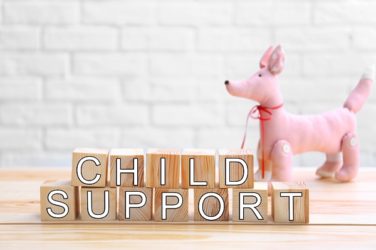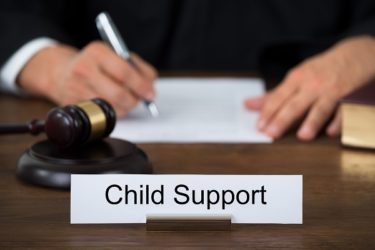Couples in the middle of a divorce face many tough decisions. None may be more difficult, though, than issues involving children. The courts attempt to make custody decisions that are in the best interests of the child or children involved. However, children may want to choose where they live. How will the courts take the child’s preferences into account?
When is a child competent enough to choose where to live?
In California, that’s a bit of a gray area. The Family Code states:
3042.(a) If a child is of sufficient age and capacity to reason so as to form an intelligent preference as to custody or visitation, the court shall consider, and give due weight to, the wishes of the child in making an order granting or modifying custody or visitation.
It can be difficult to determine if children are “of sufficient age and capacity to reason.” One 12-year old might be able to make such an important decision, while another is overwhelmed.
Is there a specific age where children can choose?
The California Code specifically states:
(c) If the child is 14 years of age or older and wishes to address the court regarding custody or visitation, the child shall be permitted to do so, unless the court determines that doing so is not in the child’s best interests. In that case, the court shall state its reasons for that finding on the record.
(d) Nothing in this section shall be interpreted to prevent a child who is less than 14 years of age from addressing the court regarding custody or visitation if the court determines that is appropriate pursuant to the child’s best interests.
Will a child’s choice make a difference?
Children definitely can state their preferences. At the end of the day, however, children don’t always know what’s best for them. Courts look at several factors, including the child’s expressed wish, before deciding the best arrangement for the child.
Talk to an experienced California divorce attorney.
Divorces are never easy. We’re here to help. Please call us at (415) 293-8314 to schedule a confidential appointment.
Ms. Burger is a California Certified Family Law Specialist and founder of the Law Offices of Judy L. Burger. We assist clients in California’s Northern to Central Cost, including San Francisco, Marin County, Gold River, Santa Barbara, Ventura/Oxnard, and surrounding communities.










